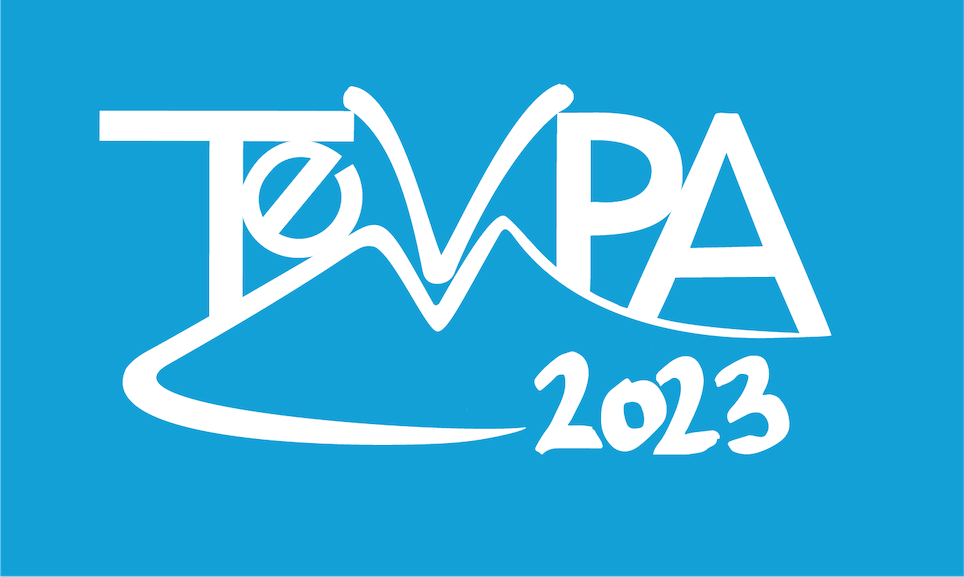Speaker
Description
The IceCube collaboration has recently found evidence for connecting the blazar TXS 0506+056 to high-energy neutrino events. Observations of spatial correlations between neutrino hotspots and locations of blazars have also hinted at a blazar-neutrino connection (Buson et al. 2022, 2023). Several other studies have independently investigated the hypothesis of blazars as neutrino emitters with mixed results, including constraints on the contribution of these sources to the observed astrophysical neutrino flux. As such, open questions remain regarding the proposed neutrino production mechanisms, connection to multi-messenger signals, and population properties.
Motivated by these challenges, we present open-source statistical analysis frameworks to investigate possible sources with publicly available IceCube data. Our tools enable complementary frequentist and Bayesian approaches. The frequentist framework implements a standard IceCube point source analysis, while the Bayesian approach includes more free model parameters and offers a unique perspective on source discovery. We apply these tools to investigate possible blazar-neutrino connections with blazars from the Roma-BZCAT that have been linked to IceCube hotspots and present the first results. We further demonstrate the advantages of the novel Bayesian approach and the implications of our results for the blazar-neutrino connection.

